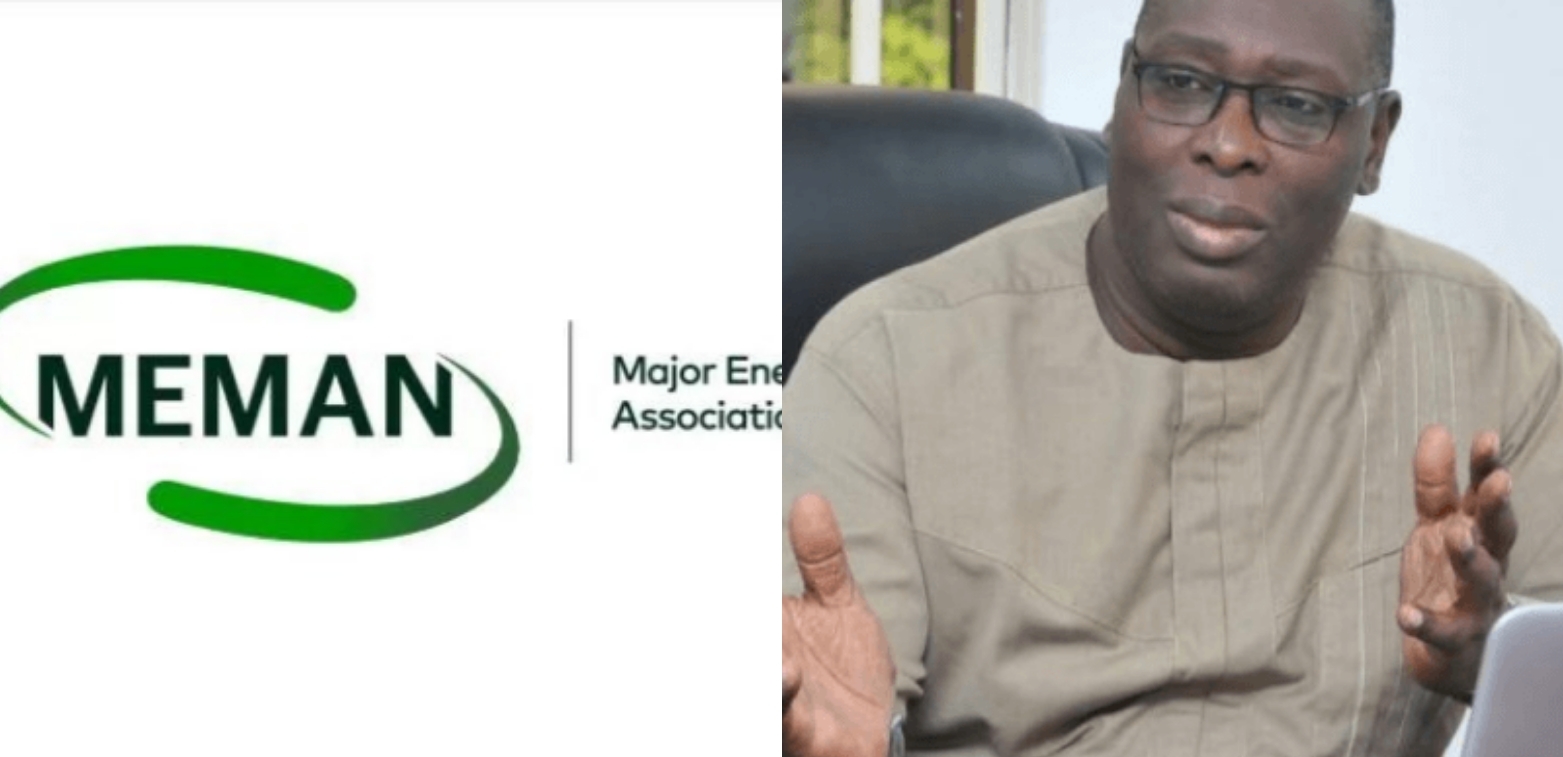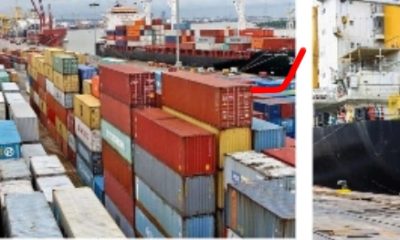By Ambrose Nnaji
The Major Energy Marketers Association of Nigeria (MEMAN) has expressed the worry that the country’s petroleum products distribution and supply chain may after all face more challenging complexities going by the current foreign exchange market complexities.
MEMAN at a virtual media forum stated that the uncertainty surrounding the forex market has made it impossible for members to embark on Premium Motor Spirit (PMS), known as petrol importation.
According to the group, it is not easy to put together a correct mathematical calculation of the products landing cost as to further determine the appropriate pump price.
 It’s Executive Secretary, Clement Isong, sharing members’ position on the present industry value chain conundrum noted that their investment was not fully protected with dollarization of certain charges.
It’s Executive Secretary, Clement Isong, sharing members’ position on the present industry value chain conundrum noted that their investment was not fully protected with dollarization of certain charges.
He said: “The market and consumers are not immune to government policy that allows Nigeria Ports Authority (NPA) and the Nigerian Maritime Administration and Safety Agency (NIMASA), continuous charges in dollar”.
Isong also informed that though marketers receive products from Nigerian National Petroleum Company (NNPC) Limited retail, ship-ship products products offload is transacted in dollar all of which pushes up cost of pump price.
“We are presently concerned about sustainability, efficiencies and affordability of energy for Nigerians and we are encouraging shift to energy transition specifically into gas space”, the Executive Secretary stated.
Isong said that though the Federal Government had been faithful in its avowed intervention process since it exited the petrol subsidy regime, yet the dollarization policy was weakening the industry and discouraging investment blaming it mostly on fluctuating dollar movement and unpredictability of the rate.
For instance: Marketers pay NNPCL about $10 per metric ton and given current exchange rate would translate to higher pump price, he explained.
On the forex market impact on business, Isong recalled that in 2023 when President Bola Tinubu removed the subsidy, and with exchange rate at that time the cost on a liter was about N4.85k and with the dollar at about N1, 600 today it has added up to about N11.83 a liter, and at $30 per metric ton which was N14.54 today with dollar at N1, 600 that has pushed it up to N28.44 which is adding up to the pump price adding that even with separate negotiations by marketers, transporters charge between N5-N8 per liter on transportation.
He said with the unbearable rising cost, the Association’s ongoing advocacy is towards leveraging gas as alternative source of energy.
Clarifying the issues of return of subsidy, Isong said that the industry was witnessing consistent intervention initiatives by government which perhaps public may have misconstrued as subsidy payment.
Isong recalled that President Tinubu, in July 2023 promised that the administration would continue to monitor inflation and exchange rate movement and would be intervening to manage market operations to ensure energy security.
“We have seen those interventions at different times and it’s providing a level of stability but our advocacy is to encourage a paradigm shift to affordable energy options”, the Executive Secretary expressed.
Speaking on the transition shift to gas, Femi Fanoiki, a consultant on Liquified Petroleum Gas, LPG, said that efforts were currently moving towards driving LPG application in both the industrial and automotive services.
Fanoiki explained that interventions by the government was encouraging investment in that space adding more infrastructure deployment would further boost adoption process.
 Speaking on the advantages of Compressed Natural Gas (CNG), Adelanke Bayo-Adepoju, Gas and Renewable Energy Specialist at MEMAN analysed the benefits in shifting focus on CNG as alternative to petrol.
Speaking on the advantages of Compressed Natural Gas (CNG), Adelanke Bayo-Adepoju, Gas and Renewable Energy Specialist at MEMAN analysed the benefits in shifting focus on CNG as alternative to petrol.
She said that concerted efforts had been made to convert about 1 million vehicles to run on the fuel by 2027 and establishment of over 1,000 conversion workshops across the country.

 Crime1 year ago
Crime1 year ago
 Business5 years ago
Business5 years ago
 News6 years ago
News6 years ago
 Crime2 years ago
Crime2 years ago
 News2 years ago
News2 years ago
 News6 years ago
News6 years ago

 It’s Executive Secretary, Clement Isong, sharing members’ position on the present industry value chain conundrum noted that their investment was not fully protected with dollarization of certain charges.
It’s Executive Secretary, Clement Isong, sharing members’ position on the present industry value chain conundrum noted that their investment was not fully protected with dollarization of certain charges. Speaking on the advantages of Compressed Natural Gas (CNG), Adelanke Bayo-Adepoju, Gas and Renewable Energy Specialist at MEMAN analysed the benefits in shifting focus on CNG as alternative to petrol.
Speaking on the advantages of Compressed Natural Gas (CNG), Adelanke Bayo-Adepoju, Gas and Renewable Energy Specialist at MEMAN analysed the benefits in shifting focus on CNG as alternative to petrol.
















